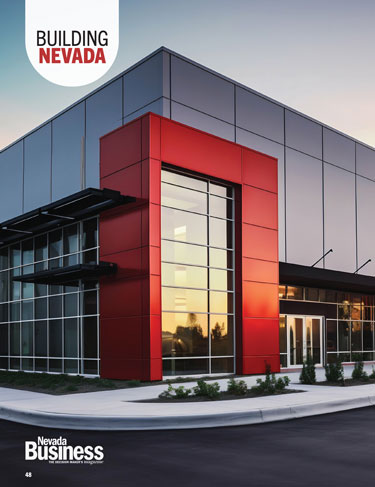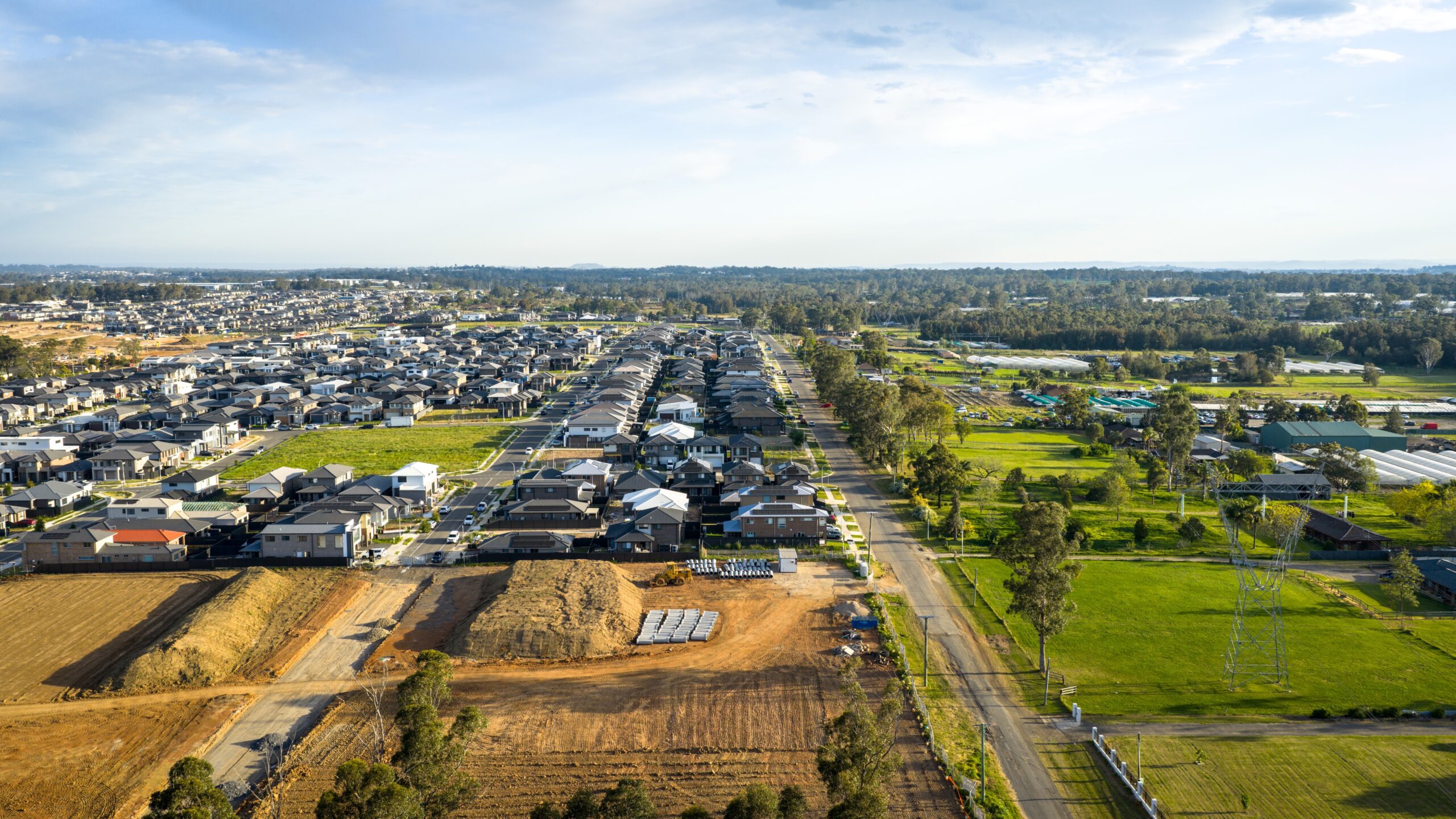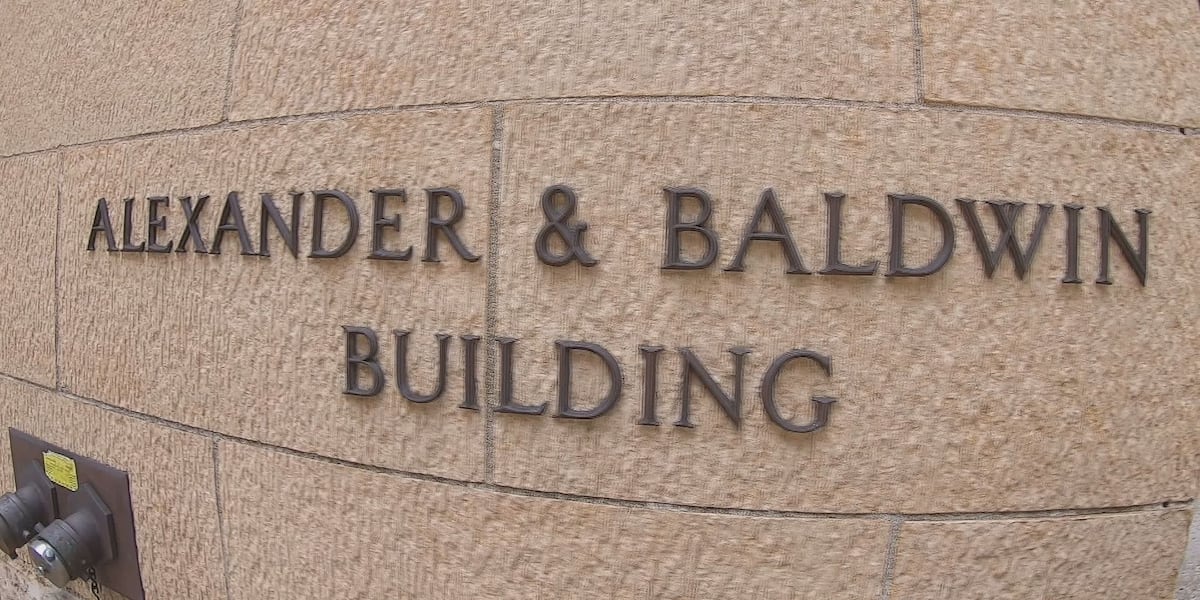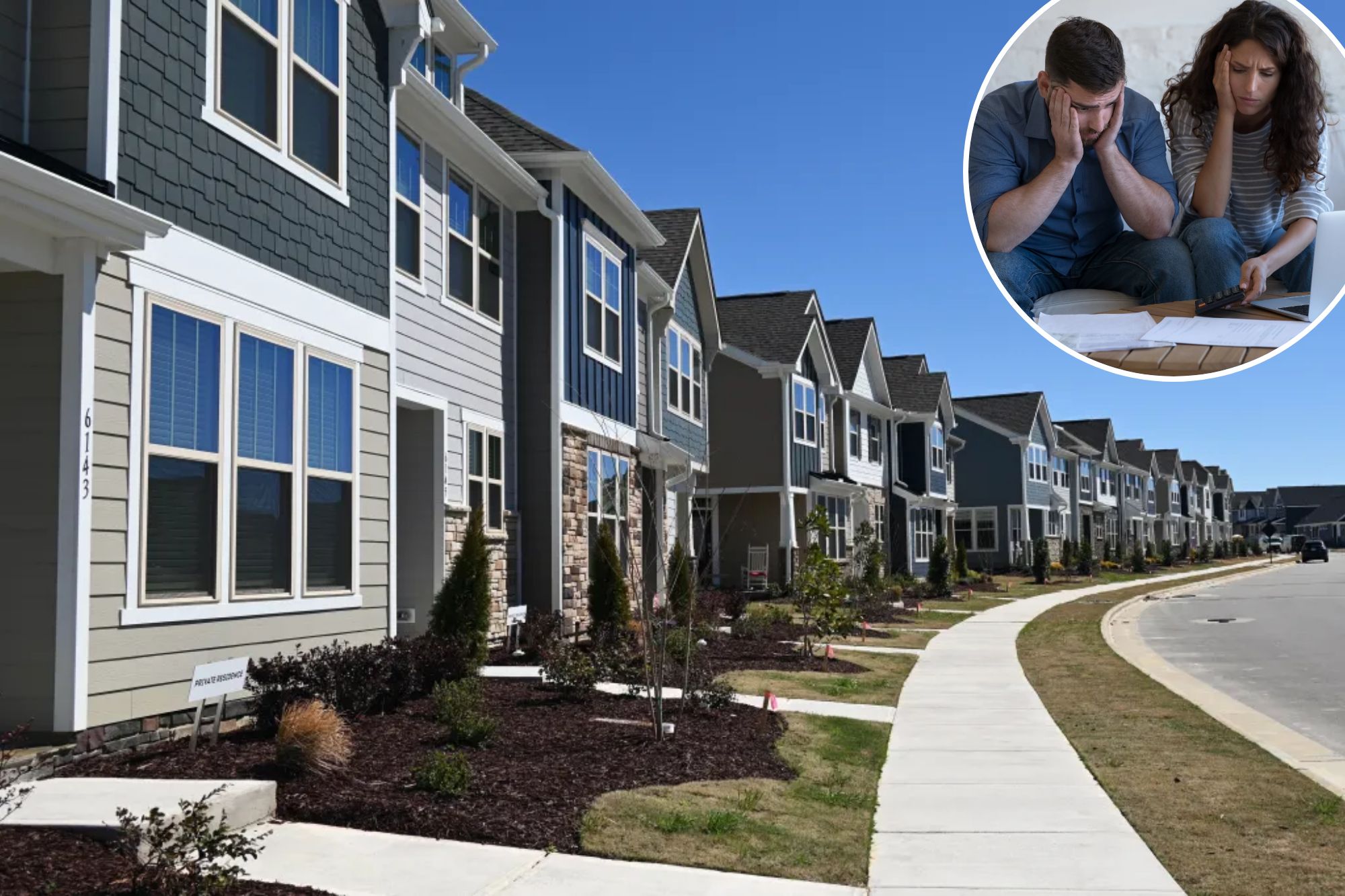T
he industrial real estate landscape has undergone a significant shift in recent years, driven by the pandemic's impact on consumer behavior and supply chain dynamics. As online shopping surged, warehouses, distribution centers, and logistics hubs became hot commodities, with land zoned for industrial use and infill spaces commanding premium prices.
However, as interest rates spiked and the presidential election loomed, demand began to slow, leaving a surplus of supply in its wake. "It was a nice seven or eight-year run," said Keith Earnest, EVP at VanTrust Real Estate, "and then the brakes got pumped." The industrial market has been sluggish nationwide and statewide for 12-18 months, with new product leasing slowly or not at all.
Developers are now cautiously optimistic about future prospects. "It's been pretty slow," acknowledged James Wall, director at Rockefeller Group, "but we're starting to see some signs of life." With demand increasing, Earnest predicts development will pick up again in Q4 2025. "We've got a number of projects lined up, and I'm very optimistic that several of them will happen over the next 60-90 days," said John Ramous, partner at Dermody.
The scarcity of land is driving developers to explore infill opportunities in core locations, where infrastructure challenges are often more manageable. "You have to be able to deliver buildings first," Earnest noted, "and that can take a couple of years." The cost of infrastructure can exceed the cost of land itself, making it essential for developers to factor these expenses into their plans.
As the market adjusts to new realities, older office buildings and big-box retail properties are being repurposed as industrial spaces. Several projects have already converted former Walmart sites into logistics centers or warehouses. However, this trend is not without its challenges, particularly when it comes to zoning and entitlements.
The Nevada Legislature's moratorium on new warehouses with evaporative cooling has also introduced a new variable for developers. While some are taking a wait-and-see approach, others see the long-term benefits of switching to air conditioning as a worthwhile investment. "It's more expensive upfront," said Schnitzer Properties' Jordan Schnitzer, "but it's better for the environment in the long run."
Despite these challenges, Nevada remains an attractive destination for industrial and tech real estate investors. The state's favorable business climate, lack of state income tax, and proximity to major markets make it an appealing option for companies looking to relocate or expand. As one developer noted, "Nevada is still very much in demand for tech and industrial real estate."















